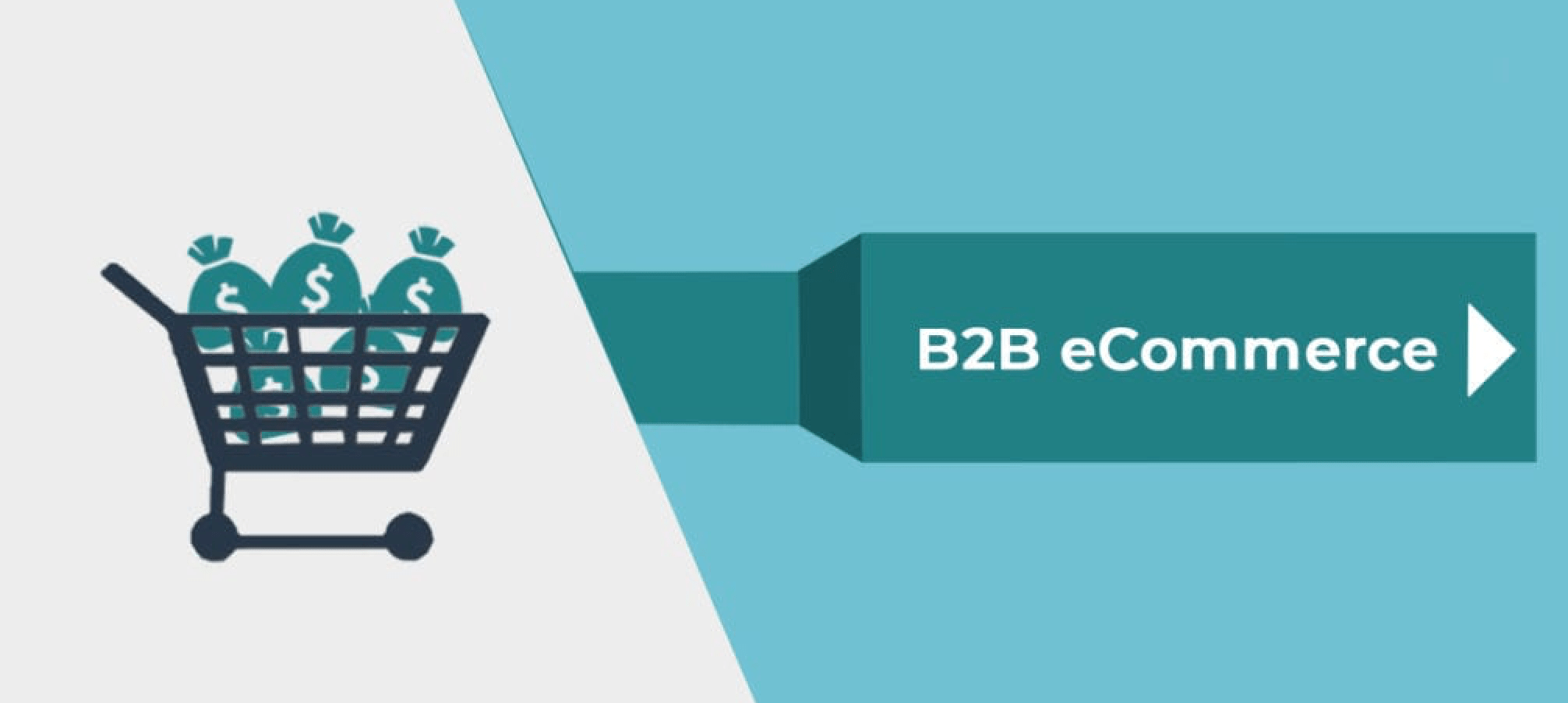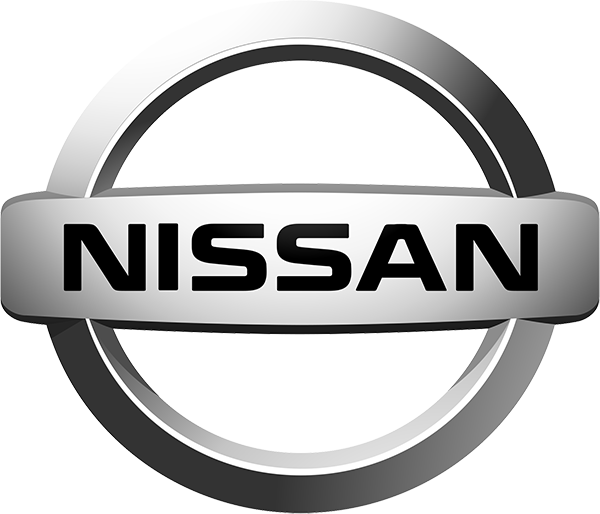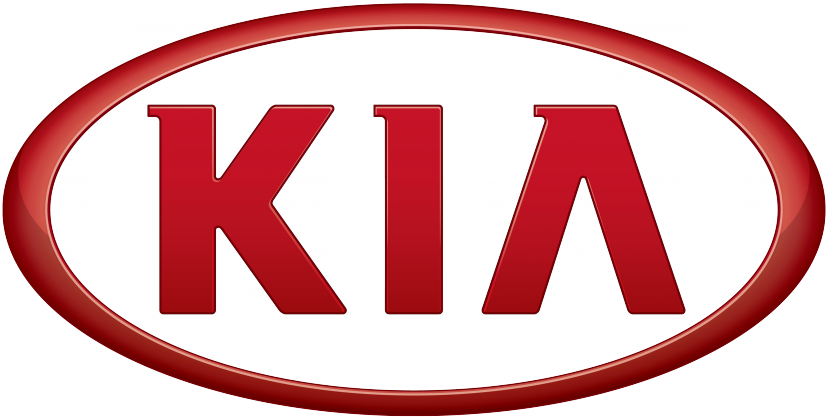
B2B E-Commerce is about to boom. The B2B e-commerce market is worth more than double that of the B2C market in the US, at over $800 billion. Forrester predicts that the US B2B eCommerce will hit $1.8 trillion by 2023. On a global level B2B e-commerce will account for $6.7 trillion in trade worldwide and will be over twice the size of the B2C market.
As far as share of spend by B2B companies is concerned, Forrester predicts manufacturers and wholesalers will account for a combined 30% of spending on e-commerce technology, up from 20% in 2013. Comparatively, online retailers spent a 28% share of spending in 2019, down from 41% in 2013.
B2B ecommerce facilitates the interactions between businesses (typically a wholesaler/distributor/manufacturer selling to a retailer). This type of software is geared towards a wholesale approach, with bigger orders, price tiering, terms on invoice payment, more business rules for placing orders among others. The core features of a B2B ecommerce is typically not available on B2C platforms such as Shopify and Magento. This opens up opportunity for software businesses to put forward a product for the B2B niche.
With the potential for huge gains and a need to grab market share early, the biggest ecommerce platforms are poised to take significant steps to ensure they have expand their market share as soon as possible. In order to achieve this, they will have to build up their technology features, compete with new B2B ecommerce software players and keep on top of the key ways the market is maturing and trending. Although there is leverage between their current B2C platforms and the new growing B2B ones, there is still significant differences on the client’s expectation, software workflow and features.
Integration is paramount
The B2B e-commerce ecosystem is continuously evolving with new additions being added constantly and B2B vendors are keen to keep up with the latest trends, seeking out every possible advantage to ensure growth. Suppliers (or B2B software clients) are keen to integrate their B2B online ordering platforms with their existing systems such as ERP, CRM and accounting software. In addition, clients are also looking for B2B software providers with technical and commercial knowledge to leverage new advances in technology. The software provider must be able to leverage great user experience, business intelligence, improved workflow, marketing optimisation, supply & delivery and financial management.
B2B features a must have
You won’t be able operate a B2B business online with a B2C online ordering website. B2B ecommerce needs to have all the features common to B2C selling (shopping cart, product management, credit card payment) plus extra features required by B2B businesses. This includes price tiering, payment terms, customer dedicated products and others. Moreover, due to the demands of B2B the software needs to be have workflow for efficiency around b2b order placing, warehouse management and comprehensive reports.
New approach to buyers
There are several compelling trends that should force B2B vendors to rethink their approach to e-commerce strategy:
Business buyers are used to shopping online and do not expect a different experience from a B2B website. B2B ecommerce these days must include mobile optimised websites, easy to use online search, integration with social channels and design customisation to work seamless with their brand.
Buyers are getting younger with around 50% being millennials, (almost double that of two years ago), the demands for the three C’s is growing, these are Convenience, Collaboration and Customisation.
Buyers pay more for a great customer experience, as a study by Avanade found that B2B buyers will pay on average 30% more for a superior customer experience.
The boom is coming
In conclusion, as a B2B software providers you must get ready to take advantage of the growth in this section. B2B vendors should keep up and adapt to market changes including Brexit (you may need to change how tax works in the B2B platform). As for the B2B company (the buyer) a key step will be to find the right e-commerce software to partner with. It should be partner that effectively embeds themselves in your business and helps you to analyse your current methods and identify areas of improvement. With this information, the B2B software partner can then help you to find the best way to implement their software to take advantage of the future growth in B2B e-commerce.

















